Ceftinex Oral 125 Mg
Ceftinex contains the active ingredient Cefdinir, which is used orally and is included in the antibiotic drug group known as cephalosporin.
Ceftinex is available in 100 mL bottles in the form of granular powder, cream-yellow, strawberry and cream flavored to create suspension.
Ceftinex is used to treat the following infections (inflammatory microbial diseases) caused by bacteria (microbes).
- Acute bacterial otitis media (middle ear inflammation)
- Acute maxillary sinusitis (inflammation of the air gaps inside the facial bones)
- Acute bacterial rhinocinitis (inflammation of the nose and sinuses)
- Tonsillitis (tonsillitis)
- Pharyngitis (inflammation of the swallow/pharynx)
- Some skin infections (inflammations)
| Pack size | |
|---|---|
| Potency | 125 Mg/5Ml 100Ml |
| Manufacturer | |
| Origin | |
| Generic Name (Ingredient) | Each 5 Ml Suspension Contains 125 Mg Cefdinir. |
Assuming your emergency circumstances for this product, visit Urgent Quotation page. Besides, for any pharmaceutical questions, please ask us in the comments section.
Description
Ceftinex Dry powder to prepare 125 mg/5 mL oral suspension
It is used by mouth.
- Active item: 125 mg of Cefdinir per 5 mL
- Auxiliary substances: Sucralose, citric acid anhydrus, sodium benzoate (E211), sodium citrate dihydrate, xanthane glue, guar zamk (guar galactomannan), silica colloidal hydrate, magnesium stearate, strawberry essence, cream essence
| ATC | Public No. | Equivalent Code | Type | Unit Quantity | Packing | Production Location | License Tar. | License No. |
|---|---|---|---|---|---|---|---|---|
| J01DD15 | A09791 | E499B | Generic Pharmaceuticals | 125+5 MG | 100 | manufactured | 2006-11-24 | 209/78 |
| World Health Organization (WHO) | ||
|---|---|---|
| Essential Medicine | Children’s Basic Medicine | Neonatal Essential Medicine |
| Drug not on WHO list | Drug not on WHO list | Drug not on WHO list |
CEFTINEX 125 mg/5 ml Suspension What to consider before using
Situations that should not be used
If you’re going to
- Do not use Ceftinex if you are allergic to Cefdinir, other cephalosporins or any of the auxiliary substances contained in the drug.
Situations that need to be used with caution
If you’re going to
- If pseudomembranous colitis (severe, stubborn, bloody diarrhea, along with abdominal pain and fever) occurs due to the use of Cefdinir(do not take anti-diarrhea drugs and report the situation to your doctor immediately) if severe diarrhea occurs during or after the use of Ceftinex)
- If you have renal failure (see special use cases in section 3)
- If you have a known hypersensitivity to penicillins (please report the situation to your doctor as you may also have hypersensitivity to cephalosporins)
If these warnings apply to you, even in any period in the past, please consult your doctor.
Vehicle use
Ceftinex has not been reported to have an impact on vehicle and machine use.
Important information about some of the auxiliary substances contained in Ceftinex
Ceftinex contains less than 1 mmol (23 mg) of sodium per 5 mL dose; no side effects due to sodium are expected at this dose.
There are 3 g of sucrosis in every 5 mL dose of Ceftinex. Therefore, if you have previously been told by your doctor that you are intolerance to certain sugars, please contact your doctor before taking this medical product.
Use in combination with other drugs
- Ceftinex antiacids (drugs that reduce excessive acidity of the stomach) and antiacids reduce the absorption of ceftinirin. If antiacids are to be used during Cefdinir treatment, Ceftinex should be taken at least 2 hours before or after the use of antiacids.
- Probenesid, which is also used to treat gout (drip disease), prolongs the excretion time of Ceftinex from the kidneys, causing an increase in blood density. If you are taking this drug, please inform your doctor.
- Iron-containing drugs and foods reduce the absorption of Ceftinex. If iron-containing drugs are to be used during Ceftinex treatment, it should be at least 2 hours between both applications. Especially when used in combination with iron-containing drugs or foods, the color of feces may be red (This color change is considered normal).
- The use of Ceftinex may affect the results of some laboratory tests.
If you are currently using any prescription or over-the-counter medication or have recently used it, please inform your doctor or pharmacist about them.
Food and beverage interactions
(Open/Full/Alcohol use cases)
Ceftinex can be used before or after meals.
How to Use Ceftinex 125 mg/5 ml Suspension?
Ceftinex is for oral use only.
Preparation of suspension:
Before the suspension is prepared, the dust is loosened/ventilated by turning it over and shaking while the bottle is closed. It is thoroughly shaken by putting boiled, chilled water up to half the mark line on the bottle. For a homogeneous (all similar) distribution, one should wait 5 minutes. After this process, water is added again and shaken up to the mark line on the bottle. The diluted suspension can be stored at controlled room temperature for 10 days. Before each use, the bottle should be shaken thoroughly.
In order to get the dose correctly, the measuring spoon supplied with the bottle should be used.
Always use Ceftinex in accordance with your doctor’s instructions.
The total daily dose in children between the ages of 6 months and 12 years is 14 mg/kg. The recommended maximum dose in a day is 600 mg.
- For the treatment of acute bacterial otitis media, pharyngitis and tonsillitis, it is recommended to use 7 mg/kg (with an interval of 12 hours) 2 times a day for 5-10 days or for a single dose of 14 mg/kg per day for 10 days.
- In the treatment of acute sinusitis it is recommended to use 7 mg/kg (12 hours apart) 2 times a day for 10 days or for a single dose of 14 mg/kg per day for 10 days.
- For the treatment of simple skin infections, it is recommended to use 7 mg/kg (with an interval of 12 hours) 2 times a day for 10 days.
Use in Children and Infants
its effectiveness and safety in children under 6 months of time has not been proven.
In children between the ages of 6 months and 12 years, the following dose scheme can be used in accordance with the instructions for appropriate use and frequency of use/application.
|
Body weight |
Recommended dose scheme (for 125 mg/5mL) |
|
9 kg |
2.5 mL 12 hours apart or 5 mL single dose per day |
|
18 kg |
5 mL 12 hours apart or 10 mL single dose per day |
|
27 kg |
7.5 mL 12 hours apart or 15 mL single dose per day |
|
36 kg |
10 mL 12 hours apart or 20 mL single dose per day |
|
≥ 43 kg |
12 mL 12 hours apart or 24 mL single dose per day |
Children with a body weight of 43 kg or older or older than 12 years can take the highest daily dose, 600 mg.
Use in The Elderly
Dose adjustment is not required in elderly patients without kidney disease.
Exceptions
Renal failure
If kidney failure or hemodialysis is applied, your doctor will adjust the dose according to the kidney function values.
Liver failure
In liver failure, it is recommended to use it carefully under the supervision of a doctor.
If you have any indication that the effect of Ceftinex is very strong or weak, talk to your doctor or pharmacist.
Overdose and Treatment
If you have used more than you should have used Ceftinex, talk to a doctor or pharmacist.
Take your medicine with you on your way to the doctor or hospital.
There is not enough data with the overuse of Cefdinir in humans. With the overuse of other b-lactam antibiotics, symptoms of poisoning such as vomiting, nausea, stomach pit discomfort, diarrhea and confusion are seen. Since blood dialysis immediately removes ceftitis from the body in individuals with kidney disease; helps not to see serious poisoning incidents.
If You Forget to Use:
If you forget to take your tablet, take it when you remember. If you have forgotten to take more than one dose, please inform your doctor.
Do not take double doses to balance forgotten doses.
Effects that may occur when treatment is terminated with Ceftinex
Even if you feel good, do not stop using the drug suddenly without consulting your doctor. Terminating treatment against the advice of your doctor may cause your disease to instigorate and disrupt treatment.
If you encounter any problems with the use of Ceftinex, consult your doctor or pharmacist.
You can end the use of Ceftinex in consultation with your doctor.
Pregnancy
Consult your doctor or pharmacist before using the drug.
Ceftinex should not be used during pregnancy unless necessary.
As with other drugs, the use of the drug during pregnancy should be used only in cases where the expected benefit is higher than the risk to the fetus and with the advice of a doctor.
If you find out you are pregnant during your treatment, consult your doctor immediately
Breastfeeding
Consult your doctor or pharmacist before using the drug.
Ceftinex has not been found to be passed on to breast milk. However, it cannot be ruled out that there is a risk to the child receiving breast milk. The benefit harm ratio should be evaluated and applied by your doctor.
Side Effects
Like all drugs, there may be side effects in people who are sensitive to the substances contained in Ceftinex.
If any of the following occurs, stop using Ceftinex and immediately notify your doctor or contact the emergency department of the hospital closest to you:
- Swelling of hands, feet, wrists, face, lips or swelling of the mouth or throat in a way that makes it difficult to swallow or breathe (these may indicate that you are severely allergic to the drug)
- Diarrhea, which can also be severe, stubborn, bloody, along with abdominal pain and fever (this may indicate pseudomembranous colitis, a rare inflammation of the gut due to prolonged use of antibiotics.)
- Bowel knotting (ileus), bleeding of the upper digestive tract (upper gastrointestinal tract)
- Heart failure, heart attack (myocardial infarction), chest pain
- Asthma exacerbation, respiratory failure
- Some form of pulmonary inflammation (idiopathic intersitisal pneumonia)
- Liver inflammation (hepatitis), liver failure
- Serious diseases of the skin (toxic epidermal necrosis)
- Acute renal failure
- Fever, redness and bruising in the form of needle heads on the skin, blurred consciousness, headache and decreased number of platelets (idiopathic thrombocytopenic purpura)
These are all very serious side effects.
If you have one of these, you are severely allergic to Ceftinex . You may need urgent medical attention or hospitalized.
All of these very serious side effects are quite rare.
If you notice any of the following, please notify your doctor immediately or contact the emergency department of the hospital closest to you:
- Some diseases of the skin with rashes and itching (exfoliative dermatitis, erythema multiform, erythema nodozum)
- Blackout
- High blood pressure (hypertension)
- Wound in the stomach and/or twelve finger bowel (peptic ulcer)
- Increase or decrease in blood white blood cell numbers
- Increase in blood eosinophil counts (some kind of allergy cell)
- Increase or decrease in the number of blood platelets (blood cells that provide clotting, blood flakes) (may manifest themselves as unusual bleeding tendencies)
- A kind of anemia (hemolytic anemia)
- Low colored substance (hemoglobin) that carries oxygen to tissues in erythrocytes (red blood cells)
- Changes in electrolyte levels (such as calcium, phosphorus, potassium)
- Striped muscle tissue destruction (rhabdomyolysis)
- Kidney disease (nephropathy)
These are all serious side effects. Urgent medical attention may be required. Serious side effects are very rare.
If you notice any of the following, tell your doctor:
- Vaginal inflammation (vaginitis)
- Thrush in the vagina (vaginal moniliasis)
- Defecation changes (such as diarrhea or constipation)
- Indigestion (dyspepsia)
- Gas
- Nausea
- Stomachache
- Dry mouth
- Rash
- Itch
- Headache
- Feeling dizzy
- Temporary spikes in blood tests showing bone and liver function
- Changes in blood tests showing kidney function
- Blood clotting disorders
- Involuntary movements
- Elevation of white blood cells and protein in urine
- Increased or decreased urine density
These are mild side effects of Ceftinex.
Store Conditions
Store Ceftinex in places and packaging that children cannot see or access.
Ceftinex 25C Store at room temperature below C and in the box.
Use in accordance with expiration date
Do not use Ceftinex after the expiration date on the packaging.
If you notice defects in the product and/or packaging, do not use Ceftinex.
Licensee
SCIENCE PHARMACEUTICALS SAN. and TİC. Inc.
Kaptanpasa Mah. Zincirlikuyu Cad.No:184 34440 Beyoglu-Istanbul, Turkey
Producer
Pharma Vision San. and Tic. Inc.
Davutpasa Street No.145, 34010 Topkapi-Istanbu
Use the form below to report an error
Please answer the questions as thoroughly and accurately as possible. Your answers will help us better understand what kind of mistakes happen, why and where they happen, and in the end the purpose is to build a better archive to guide researchers and professionals around the world.
The information on this page is not intended to be a substitute for professional medical advice, diagnosis, or treatment. always seek the advice for your physician or another qualified health provider with any questions you may have regarding a medical condition. Always remember to
- Ask your own doctor for medical advice.
- Names, brands, and dosage may differ between countries.
- When not feeling well, or experiencing side effects always contact your own doctor.
Cyberchondria
The truth is that when we’re sick, or worried about getting sick, the internet won’t help.
According to Wikipedia, cyberchondria is a mental disorder consisting in the desire to independently make a diagnosis based on the symptoms of diseases described on Internet sites.
Why you can't look for symptoms on the Internet
If diagnoses could be made simply from a textbook or an article on a website, we would all be doctors and treat ourselves. Nothing can replace the experience and knowledge of specially trained people. As in any field, in medicine there are unscrupulous specialists, differences of opinion, inaccurate diagnoses and incorrect test results.

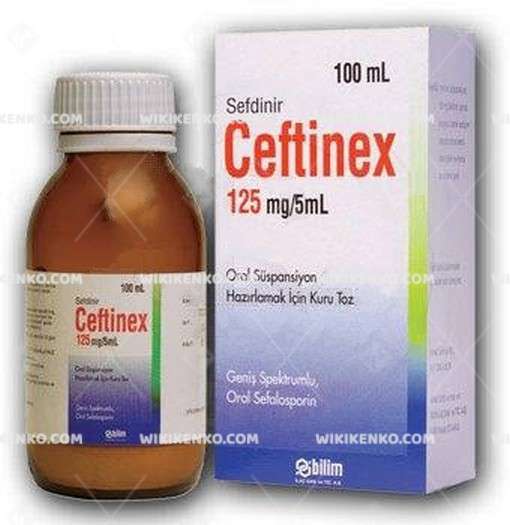
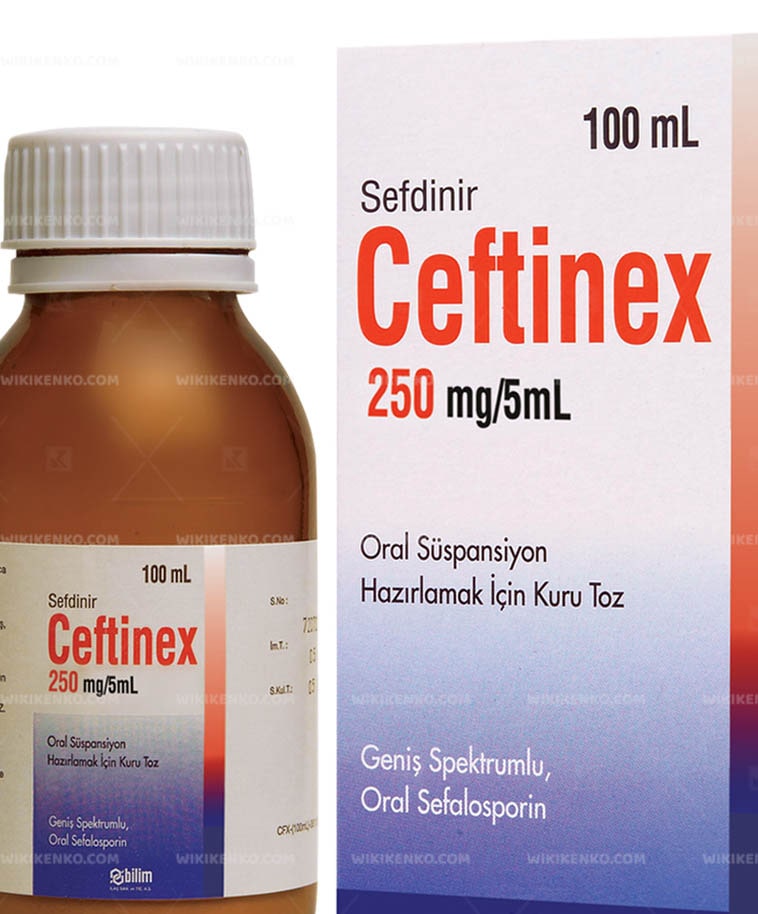
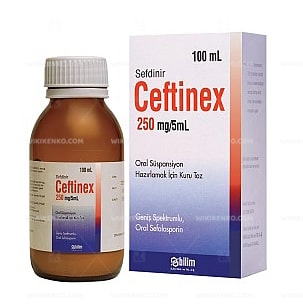
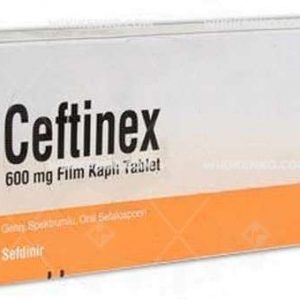
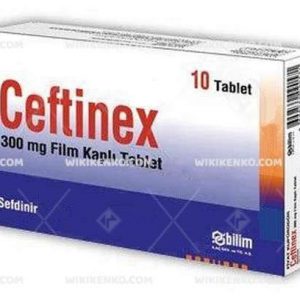
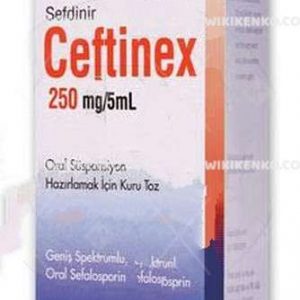

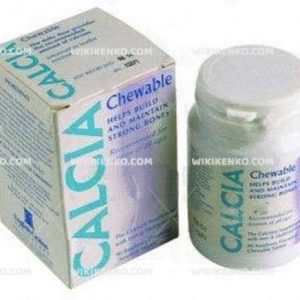
Reviews
There are no reviews yet.